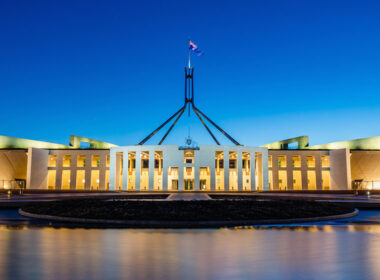The NSW Government’s newly announced reforms and initiatives aim to support community safety and wellbeing, particularly in regional NSW. However, the inclusion of an amendment to the Bail Act raises concerns from the Law Society of NSW.
The $26.2 million package follows data from the NSW Bureau of Crime Statistics and Research showing that the crime rate in regional areas are higher than in metro areas, and youth re-offending remains high.
Central to this change is the introduction of an amendment to the Bail Act 2013 to include a temporary additional bail test for young people aged between 14 and 18 charged with serious break and enter or motor vehicle offences, while already on bail for the same offences.
The President of the Law Society, Brett McGrath, welcomed the funding initiatives announced as part of the package, but raised concerns about a lack of consultation with experts on the proposed bail amendments, which he warned could result in flawed legislation.
“The Law Society acknowledges the importance of community safety and recognises the Government’s desire to address community concerns about youth crime,” McGrath said.
“We are, however, disappointed that legislation to introduce a ‘temporary’ tightened bail test for certain offences will be introduced in the absence of any meaningful input from experts with daily experience of these issues on our Criminal Law, Children’s Legal Issues and Indigenous Issues Committees.”
While the amendment includes a 12-month sunset clause to assess the efficacy of the law before future action, the Law Society has sought to remind the Government of the vulnerability of children involved with the criminal justice system.
“Tightening the test for bail will result in more children being sent into custody,” McGrath said.
“In circumstances where youth justice centres are often many hours from child defendants’ families and communities, this change has the potential to do a great deal more harm than good.”
McGrath said elements of the proposal that strengthen diversionary approaches to youth offending are positive.
In a statement, Minister of Youth Justice Jihad Dib said the changes were about striking a balance between public safety and giving young people opportunities.
“It’s crucial that we identify opportunities where Youth Justice, police and the legal system can work together to achieve better outcomes for communities, and I look forward to seeing how this reform progresses,” he said.
The Law Society said it would provide feedback directly to the Government, once the legislation is available.




